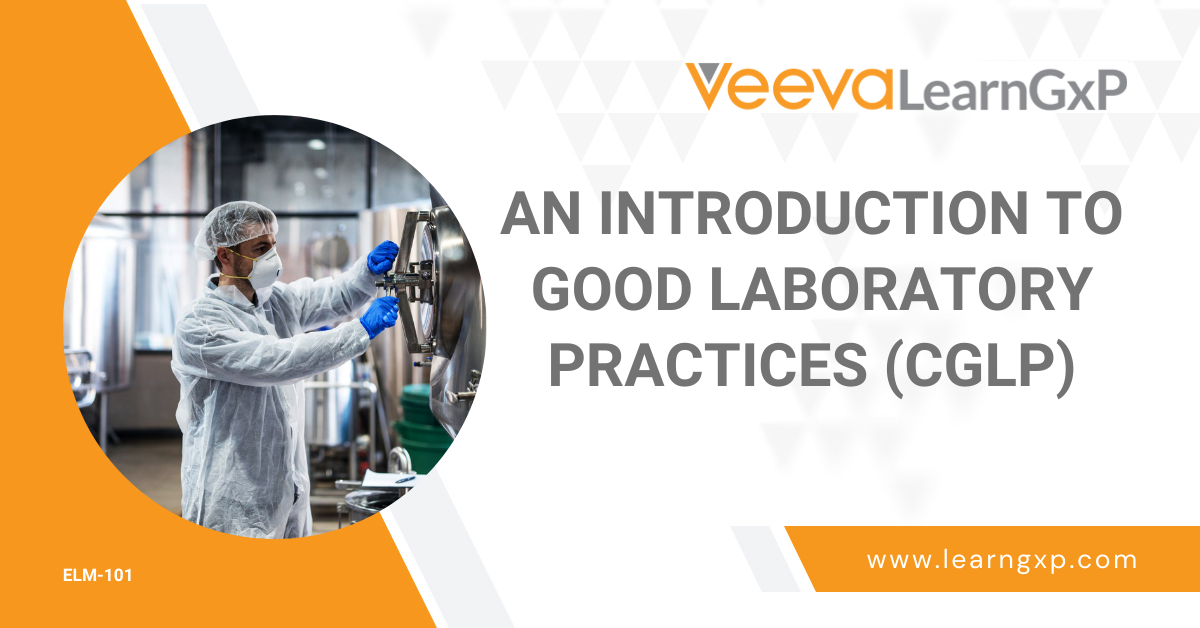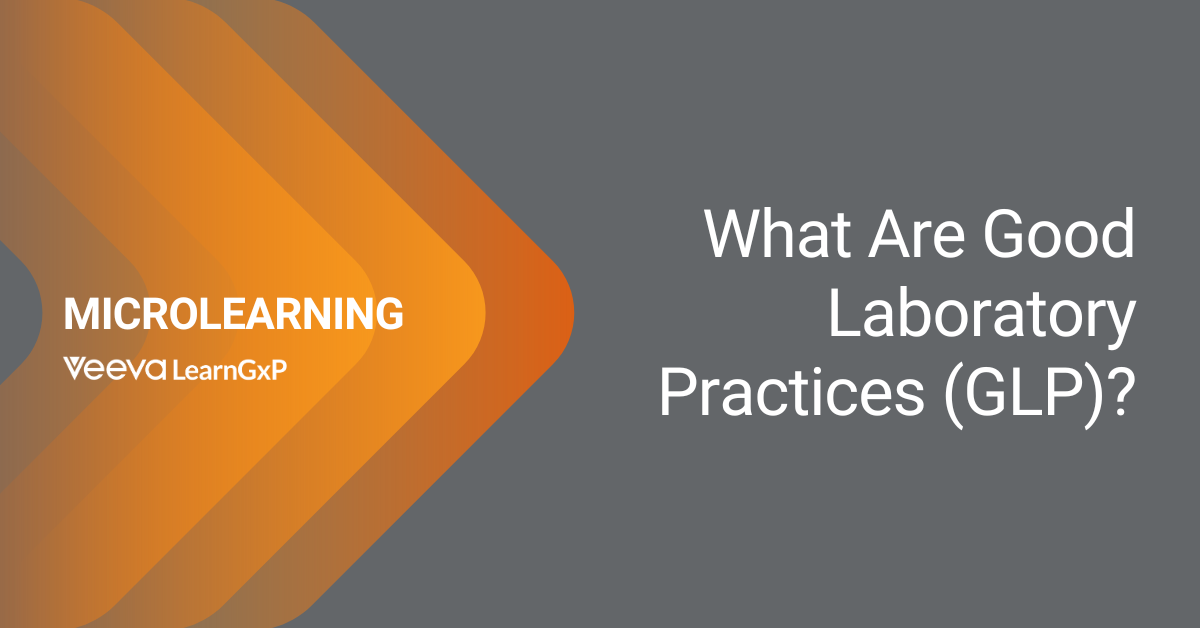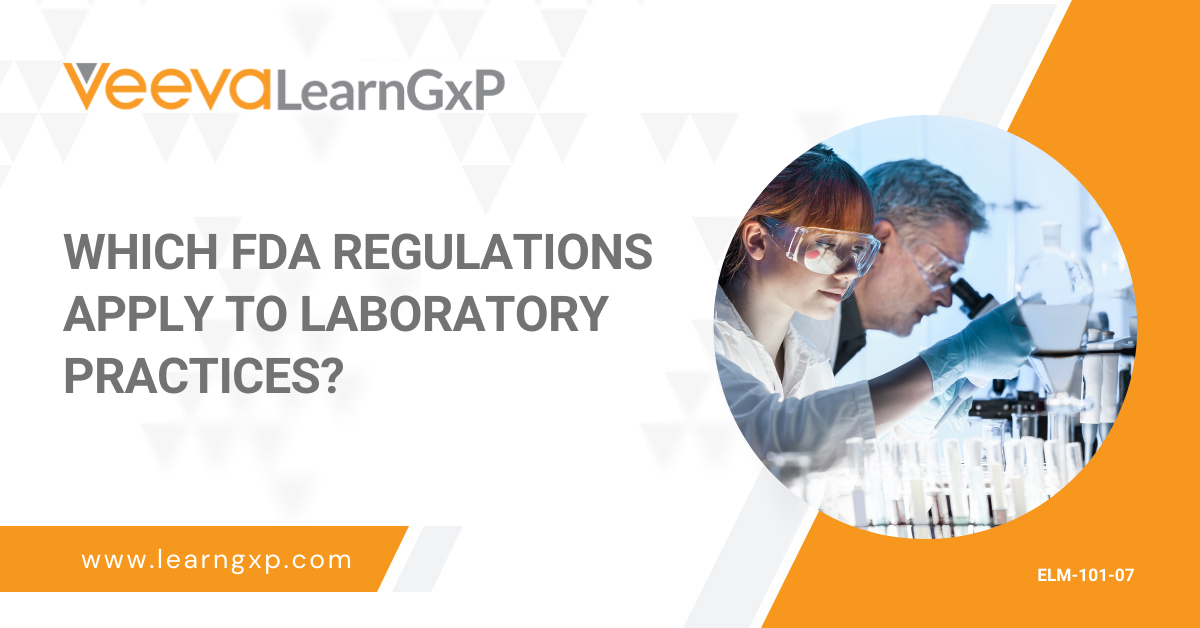Principles of GLP
The principles of current good laboratory practices are:
- Quality assurance management programs
- Laboratory organisation and personnel
- Laboratory Infrastructure and facilities
- Laboratory instrumentation, apparatus, materials and reagents
- Analytical test methods
- Samples and reference substances
- Standard operating procedures
- Conduct and documentation of laboratory analysis
- Reporting of results
- Storage, retention and archival of records and materials
- Control of non-conforming work
Standard Operating Procedures (SOPs)
Based on these principles and the fundamental requirements discussed later on, it is the responsibility of each laboratory to develop written policies and procedures, often called standard operating procedures or SOPs, that are suitable for the laboratory, meet its business needs and enable the laboratory to conduct its operations on a day to day basis in conformance with the principles of current good laboratory practice. It is these policies and procedures you will follow when you perform your work that will enable you to comply with the cGLP regulations.
ISO 17025
One of the important principles of cGLP, cGMP and ISO 17025 is that you document all of the work you perform. How you should document your work will be discussed in the course “Performing Analysis in a Regulated or Accredited Laboratory” and the principles or good documentation practice are covered in the course “Good Documentation Practices for the Life Sciences”.
Inspections
When your laboratory is inspected by a regulatory body, the inspectors will use the documentation you create during your work, to assess your level of compliance with cGLP requirements, by comparing it with your laboratory’s SOPs.
It therefore follows that you need to fully understand your laboratory’s procedures. Much of the first few days working in a new position in a laboratory, will be devoted to SOP training. It is also good practice for you to reread SOPs at appropriate intervals to ensure you still fully understand them.
Don’t Deviate from SOPs
It is critical to assuring the quality of your work that you follow SOPs and test methods exactly, and do not deviate or take short cuts in any circumstances. The only time you may deviate from an approved method or SOP, is when a pre-planned deviation has been documented and approved by your management and your quality assurance department. Also you should not be procured or pressured in to deviating from any standard operating procedures or analytical testing methods without due approval. If you find yourself in this situation, you should discuss the circumstances with your senior management or quality assurance department.
Error Handling
Also, if you make a mistake, and no one is perfect, you should document the error and follow your laboratory’s procedures on handling known laboratory errors. It is particularly important that you do not attempt to conceal any mistakes.





